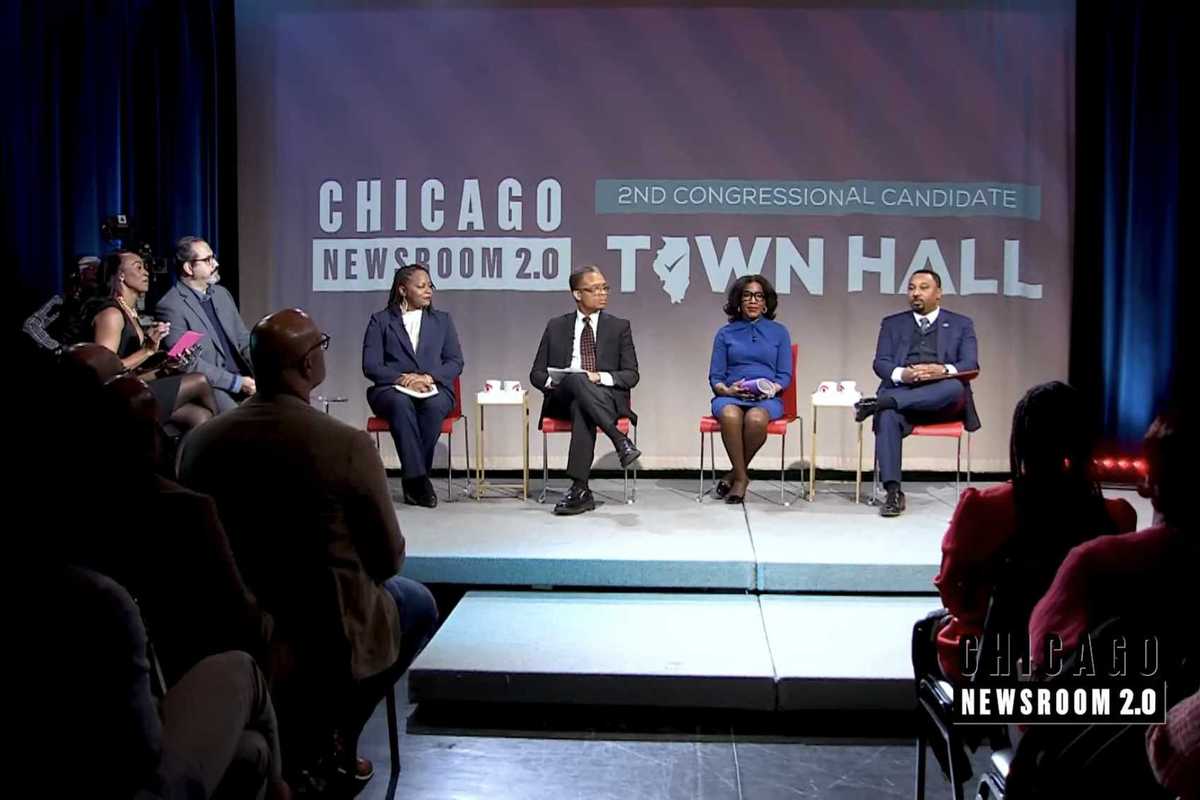Political humor has a long, storied history in our country. Some of Mark Twain's humor from the late 1800s stands the test of time:
"Sometimes I wonder whether the world is being run by smart people who are putting us on or by imbeciles who really mean it."
"All Congresses and Parliaments have a kind feeling for idiots, and a compassion for them, on account of personal experience and heredity."
"Suppose you were an idiot. And suppose you were a member of Congress. But I repeat myself."
In the days before cable TV, political humor was fairly benign, perhaps because in having to appeal to vast audiences one had to be careful about not turning off people with varied viewpoints.
Johnny Carson is the perfect example as he used used a gentler humor to address the tough issues of his day
https://www.youtube.com/watch?v=qv6BZYenEWY
In those gentler times the political humor seemed gentler too. The jokes about Gerald Ford hitting spectators with bad golf shots, or Bill Clinton blocking two airport runways while he got a haircut, or Dan Quayle misspelling potato, or Al Gore saying he invented the internet seem so harmless today.
The stakes have been raised today whether it is Stephen Colbert's obvious distaste for Trump or Jimmy Kimmel thrusting himself into the health care debate as he spoke out forcefully about his son's medical condition.
In the past we made fun of our presidents; whether it was Tricky Dick, Carter being a hick, or Clinton being a hound. But unlike today it seemed then to be equally distributed.
As The Fulcrum connects American culture to democracy we would be remiss if we left out comedy. Comedians have a way of expressing uncomfortable truths in a way we can hear it. And we can laugh at ourselves, too.
We are aware of the potential dangers given that satire knows few boundaries and some of the content will offend those on the left and some will offend those on the right. We accept this risk with the understanding of the power of comedy to wake us up to the absurdity of the dysfunction and hyperpartisanship that epitomizes our government today, and to allow us to vent our outrage of the ineptness of what we witness daily.
And so we will end with some one-liners that are bipartisan in the sense of making fun of all:
- Washington, D.C., is a city where many politicians are waiting to be discovered, and an equal number are afraid they might be.
- There's nothing wrong with this country that a good politician can't exaggerate.
- Politicians are animals who sit on a fence and try to keep both ears to the ground.
- The gifted politician is the one who can give the type of answer that makes you completely forget the question.
- A skilled politician is one who can stand up and rock the boat and then make you believe he is the only one who can save you from the storm.
- A political war is one in which everyone shoots from the lip.
- No party can fool all the people all the time ... that's why we have two of them.
- Not much of a choice this year – one candidate looks like the seller of used cars, the other one looks like a buyer of used cars.
- We'll double-cross that bridge when we come to it.




















